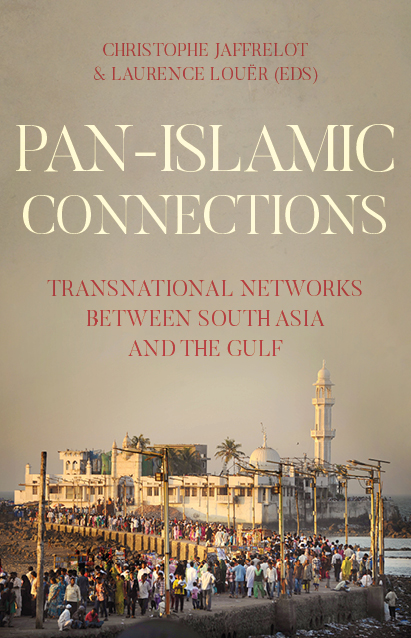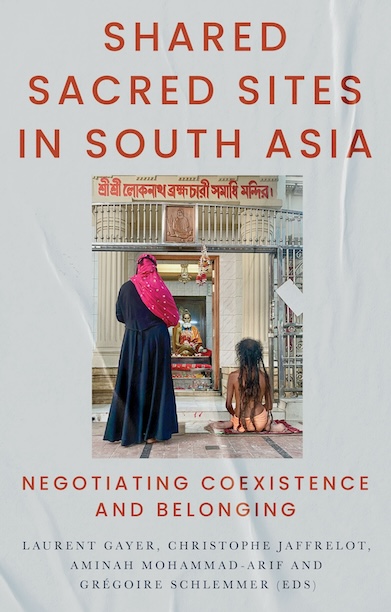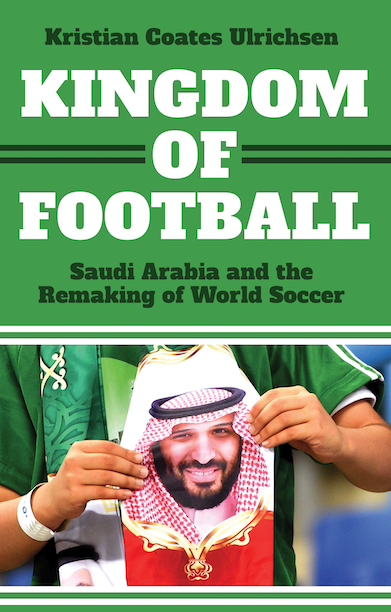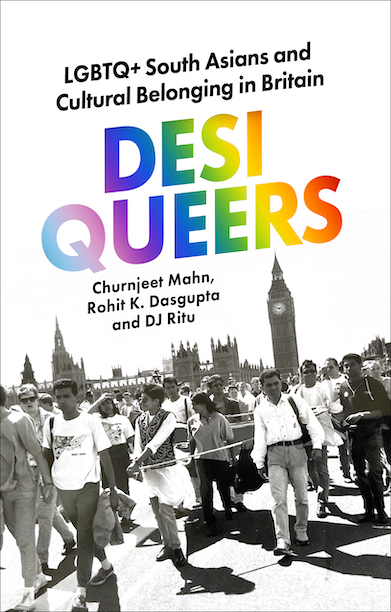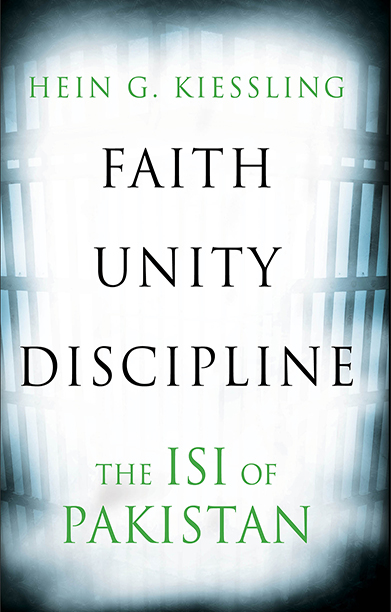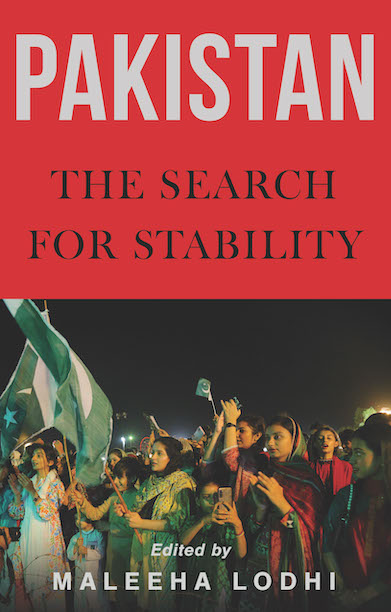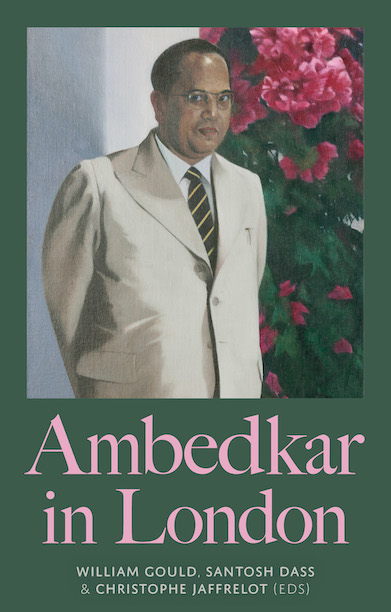Pan-Islamic Connections
Transnational Networks Between South Asia and the Gulf
Part of the CERI/Sciences Po. seriesAn absorbing comparison of ‘the Islams’ of Arabia and South Asia and how they interact through the vectors of trade, politics and migration.
Description
South Asia is today the region inhabited by the largest number of Muslims—roughly 500 million. In the course of its Islamisation process, which began in the eighth century, it developed a distinct Indo-Islamic civilisation that culminated in the Mughal Empire. While paying lip service to the power centres of Islam in the Gulf, including Mecca and Medina, this civilisation has cultivated its own variety of Islam, based on Sufism.
Over the last fifty years, pan-Islamic ties have intensified between these two regions. Gathering together some of the best specialists on the subject, this volume explores these ideological, educational and spiritual networks, which have gained momentum due to political strategies, migration flows and increased communications.
At stake are both the resilience of the civilisation that imbued South Asia with a specific identity, and the relations between Sunnis and Shias in a region where Saudi Arabia and Iran are fighting a cultural proxy war, as evident in the foreign ramifications of sectarianism in Pakistan.
Reviews
‘The Indian Ocean, linking Arabia to South Asia, looms as the testcase for Muslim networks, yet the profile of Indo-Islamic civilization remains contested between Saudi Salafis, Pakistani Sufis and also Iranian Shi’ites. This pioneering volume provides a welcome transregional, comparative analysis of multiple case studies, at once historical and contemporary.’ — Bruce Bennett Lawrence, Professor Emeritus of Religion, Duke University
‘Connections of trade, family, learning and faith have existed between South Asia and the Gulf for hundreds of years. This book focuses on their workings in the modern period with especial emphasis on Islam. It demonstrates the significant and complex interactions which take place across the region, some of which are of strategic potential.’ — Francis Robinson, Professor of the History of South Asia, Royal Holloway, University of London
Editor(s)
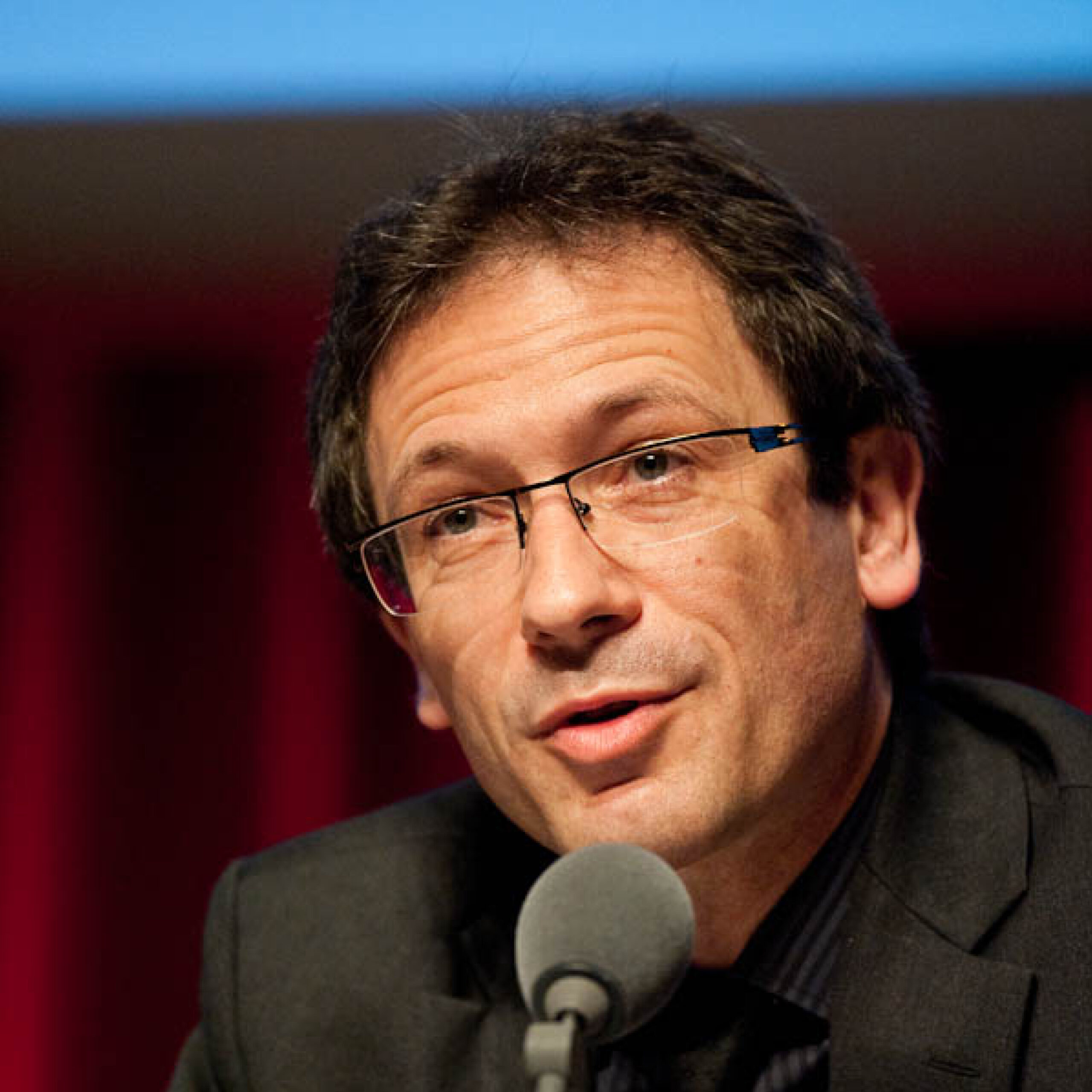
Christophe Jaffrelot is Avantha Chair and Professor of Indian Politics and Sociology at the King’s India Institute, and Research Lead for the Global Institutes, King’s College London. He teaches at Sciences Po CERI, where he was director between 2000 and 2008.
Laurence Louër is Associate Professor at the Centre for International Studies (CERI), Sciences. An Arabist, Louër specialises in Middle East studies. Editor of Critique Internationale from 2006 to 2017, she is the author, among other writings, of To Be An Arab in Israel (Hurst/Columbia), Transnational Shia Politics (Hurst/OUP) and Shiism and Politics in the Middle East (Hurst/OUP).
